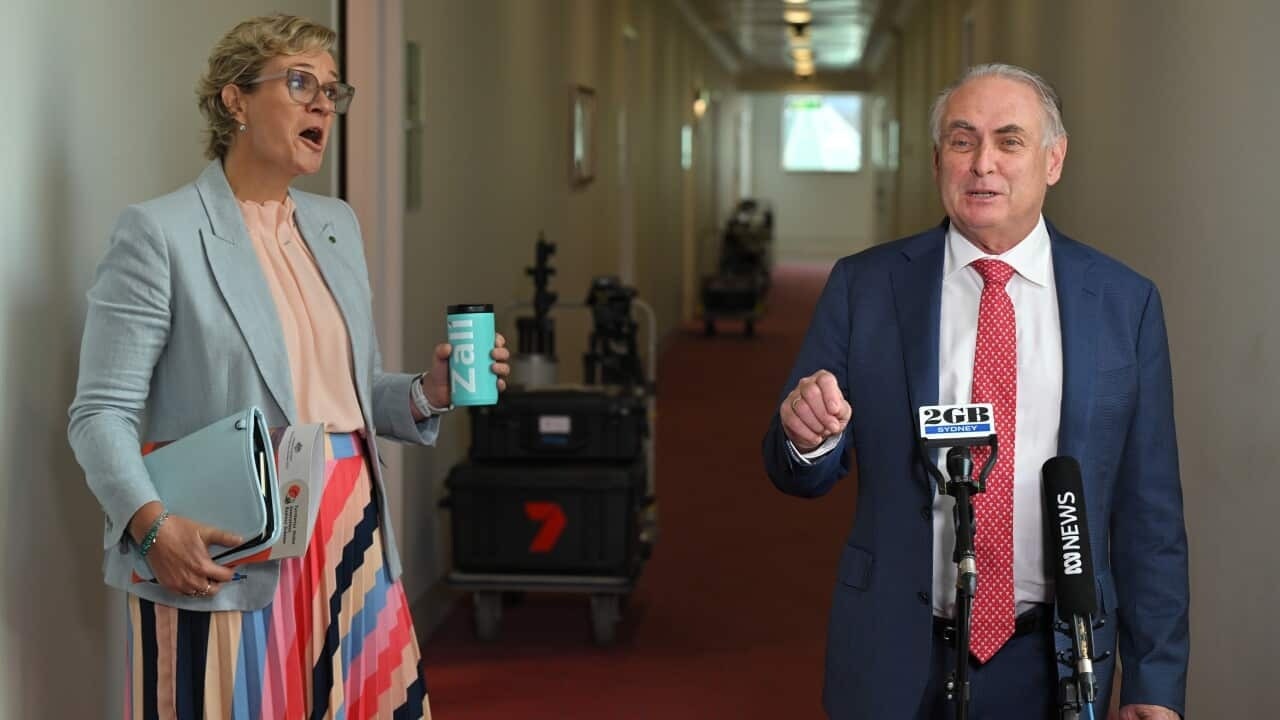Budget 2020: Businesses to get $2bn worth in tax breaks to back research
Australian businesses will be offered $2bn in tax incentives to boost the nation’s research and development and power the COVID-19 economic recovery.
Australian businesses will be offered $2bn in tax incentives to boost the nation’s research and development and power the COVID-19 economic recovery.
Both small and large companies will be offered significant tax breaks as part of Scott Morrison’s push towards the commercialisation of research, and this will be wedded with a $450m funding boost for the CSIRO and a $1bn wider research package.
“For small companies, those with aggregated annual turnover of less than $20m, the refundable R&D tax offset is being set at 18.5 percentage points above the claimant’s company tax rate, and the $4m cap on annual cash refunds will not proceed,” the budget papers say. “For larger companies, those with aggregated annual turnover of $20m or more, the Government will reduce the number of intensity tiers from three to two. This will provide greater certainty for R&D investment while still rewarding those companies that commit a greater proportion of their business expenditure to R&D.
“The R&D premium ties the rates of the non-refundable R&D tax offset to a company’s incremental R&D intensity, which is R&D expenditure as a proportion of total expenses for the year.”
The CSIRO funding boost is also aimed at support commercialisation of research
“The Government will provide an additional $459.2m over four years from 2020-21 to the Commonwealth Scientific and Industrial Research Organisation (CSIRO) to address the impacts of COVID-19 on its commercial activities and ensure it is able to continue essential scientific research,” the budget papers said.
“This includes $5m in 2020-21 to support the upgrade of CSIRO’s agriculture and grazing research facilities.”
As part of the wider $1bn research package with universities, the government will continue to support national research infrastructure.
“$36.3m over three years from 2020-21 for the early implementation of the Sea Simulator project to support the Great Barrier Reef Restoration and Adaptation Program. $8.9m over three years from 2020-21 to increase the capabilities of the Humanities, Arts, Social Sciences and Indigenous e-research platforms.”
And $8.3m over three years from 2020-21 to establish new synthetic biology research.



